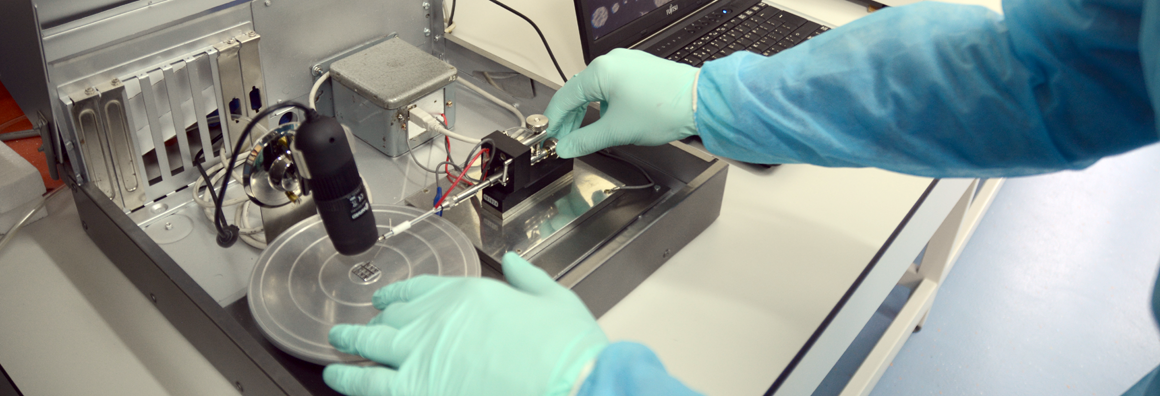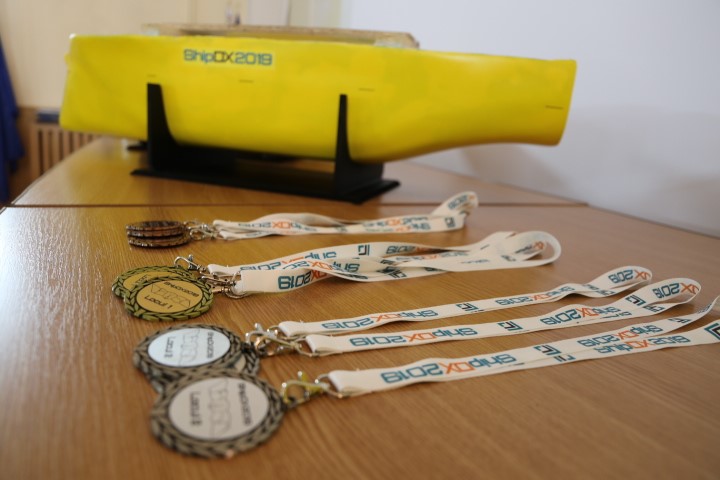Mission and Objectives

The University aims to ensure the quality of the teaching activity at national and international standards through:
- improving the curricula, analytical programs and the teaching and evaluation methods;
- improving the education based on transferable study credits, to ensure for student the possibility of transferring from one study program to another and the international recognition of diplomas granted by the University;
- developing and diversifying the concerns related to digitalizing the didactic-formative process;
- discovering, stimulating and enhancing the student's abilities, paying special attention to individual values.
The development of advanced, fundamental and applied research is done through:
- increasing the human potential and material resources for the research centers;
- stimulating the participation of research groups in national and international competitions, for financial support and ensuring the visibility of fundamental and applied research;
- developing, certifying and diversifying of research centers;
- developing international scientific cooperation by stimulating participation in international research, development and innovation programs.
Securing the quality management of the didactic research and administrative activity through the Quality Council which is managed by the Rector. The Council acts through the Department of Internal Evaluation and Quality Assurance, composed of the Quality Commission, the Internal Assessment and Quality Assurance Department, the Council elaborates and implements the standard procedures for quality assurance at university level.
Knowing the global, Romanian and European realities and tendencies in higher education, with the participation of the members of the university community in the development of programs, research, innovation, and scientific events.
The continuous development of the computer system, connected to national and international networks, which will ensure the success of integration requirements in the information society.
The continuous development of library information and the entire information base of the University and its connection to representative sources of information at national and international levels.
Supporting the objectives of the University Sports Club.

Offering all types of titles, orders and medals provided by the national university system of postgraduate diplomas. The University honors the contribution of national and international personalities to the scientific and cultural life of the contemporary world by conferring titles of Doctor Honoris Causa, Honorary Professor and Honorary Senator and honors the exceptional activities of retired professors with the title of Professor Emeritus.
The university is a state institution, of public interest, which carries out its activity under conditions of autonomy and academic democracy and in which the following principles are applied:
- The principle of university autonomy;
- The principle of academic freedom;
- The principle of focusing on student education;
- The principle of public accountability;
- The principle of quality assurance;
- The principle of equity;
- The principle of managerial and financial efficiency;
- The principle of transparency;
- The principle of respecting the rights and freedoms of students and academic staff;
- The principle of independence of ideologies, religions and political doctrines;
- The principle of freedom of national and international mobility of students, teachers and researchers;
- The principle of consulting the social partners in making decisions.


